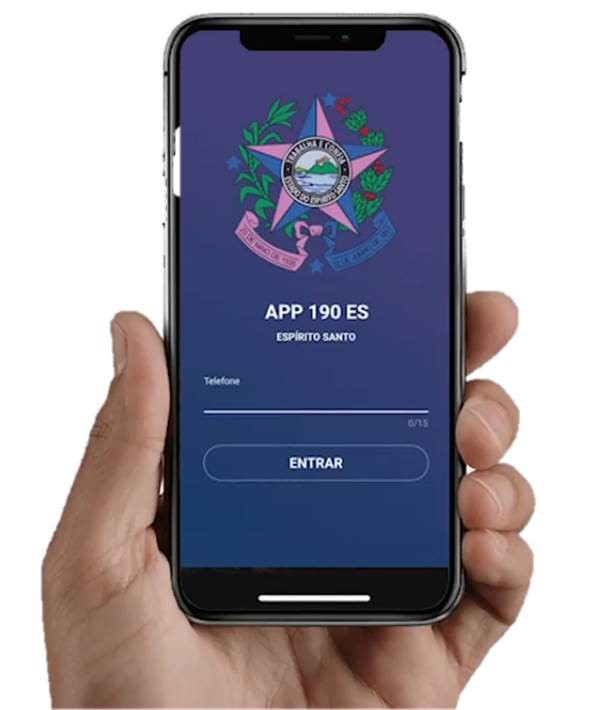
Introduction
WhatsApp has revolutionised the way we communicate, establishing itself as one of the world’s leading messaging platforms since its launch in 2009. Owned by Meta Platforms, Inc., WhatsApp boasts over 2 billion users globally, making it an essential tool for personal communication and business interactions. Understanding the updates and features provided by WhatsApp in 2023 is not only relevant for existing users but critical for anyone looking to stay connected in our rapidly evolving digital landscape.
Recent Updates and Features
This year, WhatsApp has introduced several key features that enhance user experience and security. One significant update is the introduction of Message Reactions, allowing users to quickly respond to messages with emojis. This feature facilitates quicker communication and helps streamline conversations.
Furthermore, WhatsApp has improved its Voice and Video Calling capabilities, allowing up to 32 participants in a single video call. This enhancement positions WhatsApp as a competitive option against platforms like Zoom and Microsoft Teams, which have dominated virtual meetings since the pandemic.
Privacy remains a top priority for WhatsApp. The platform introduced the Disappearing Messages feature, enabling users to set specific time limits on message visibility, and enhanced Two-Step Verification for added security. These measures reflect the company’s commitment to user safety amid increasing concerns over data privacy and security breaches.
WhatsApp Business Tools
For businesses, WhatsApp continues to be a powerful communication tool. In 2023, it expanded its WhatsApp Business API, allowing larger enterprises to manage customer interactions more efficiently. This API enables automated messaging capabilities, which can significantly enhance customer service experiences.
Additionally, the Catalogs feature has been expanded, allowing businesses to showcase their products directly within the app, making it easier for customers to shop and engage with brands.
Conclusion
As WhatsApp evolves, it remains a critical communication tool in today’s digital age. The recent updates not only reflect user demands for more interactive and secure communication but also position WhatsApp as a versatile platform for personal and business use. Looking ahead, we can expect further innovations that will continue to shape how we connect. As the app adapts to user needs and industry standards, staying informed about these changes is essential for maximising the benefits of this influential messaging platform.
You may also like

The Evolution and Impact of Apple iPhones

The Rise of Edge Computing in Modern Technology
